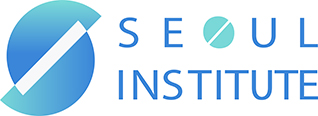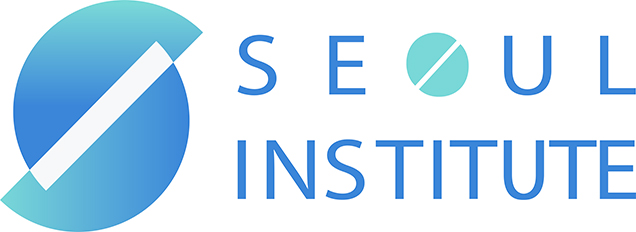Do students really need a four-year educational experience for acquiring degree?
In the past decades, we’ve seen huge changes in the world of education. Some have been amazing and accompanied by excitement, like the increasing availability of higher education through online universities and courses. Others have been more troublesome and accompanied by worry, like rising tuition costs.

Optional Caption
While the democratizing of education may seem like a dream, it may not actually be so far off. Many European countries are leading the way in terms of providing free educations to their citizens. In addition to this, private and non-institutional entities are offering degrees to students all over the world with cheap tuition. Now that most colleges and universities are operating online, university presidents and administrators will want them to stay online.
As more education is delivered by IT, and not on a traditional campus, expect technology companies to enter the market. In some cases, they will do so in partnership with universities with strong brands. Expect things like “the University of Texas, powered by Google.”
In the context of the radical transformation to knowledge and learning that digital technologies and the Internet have brought to teaching and learning in the last decade, it is imperative that universities develop new models and strategies if they want to continue to be relevant in the 21st Century.
Imagine a world where all repetitive tasks have been taken over by robots. It is a world where factory lines of machines build self-driving cars, drones shuttle packages from house to house, and artificial intelligence chatbots answer customer questions over the phone. All of these things already exist, and they are just the tip of the iceberg. Each day, all over the world, formulaic jobs that used to be considered the domain of human beings are becoming automated or digitized.
Current models of education are preparing our children to work in an economy that will no longer exist once they graduate from university. The workforce of the future will likely be built around human-centered and creative services, operating through heavily digitized channels.
Students will be learning outside, armed with different devices, listening to a teacher of choice. Skills will not be assessed on paper but based on their performance in the field.
SI aims future of the of education. As technology is rapidly changing the world around us, many people worry that technology will replace human intelligence. Some educators worry that there will be no students to teach anymore in the near future as technology might take over a lot of tasks and abilities that we have been teaching our students for decades.
SI supports diverse time and place education. Students will have more opportunities to learn at different times in different places. eLearning tools facilitate opportunities for remote, self-paced learning. And SI pursue personalized learning. Students will learn with study tools that adapt to the capabilities of a student. Also SI guarantee free choice of learning. Though every subject that is taught aims for the same destination, the road leading towards that destination can vary per student. Similarly to the personalized learning experience, students will be able to modify their learning process with tools they feel are necessary for them. And our future education must be project based. SI preparing various projects as careers are adapting to the future freelance economy. Student ownership education is also very important. Students will become more and more involved in forming their curricula. Mentoring will also become more important. In 20 years, students will incorporate so much independence in to their learning process, that mentoring will become fundamental to student success. Teachers will form a central point in the jungle of information that our students will be paving their way through.


